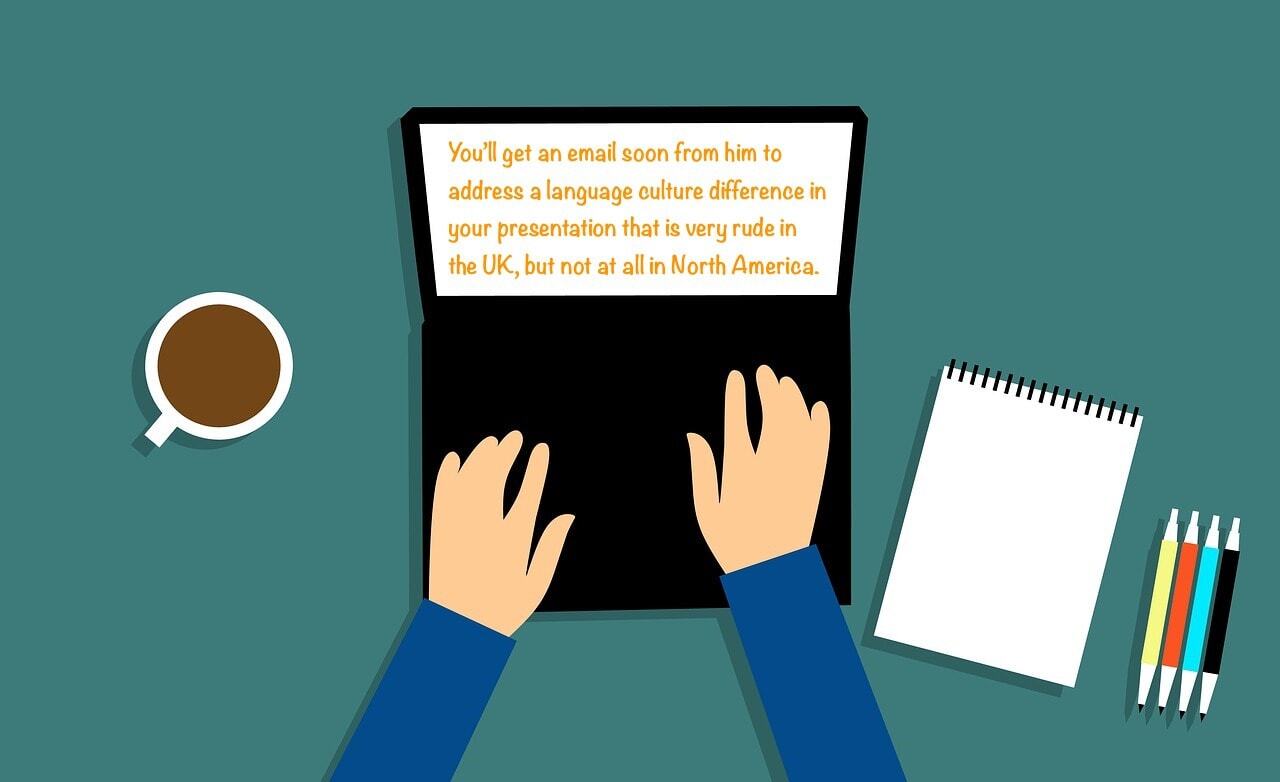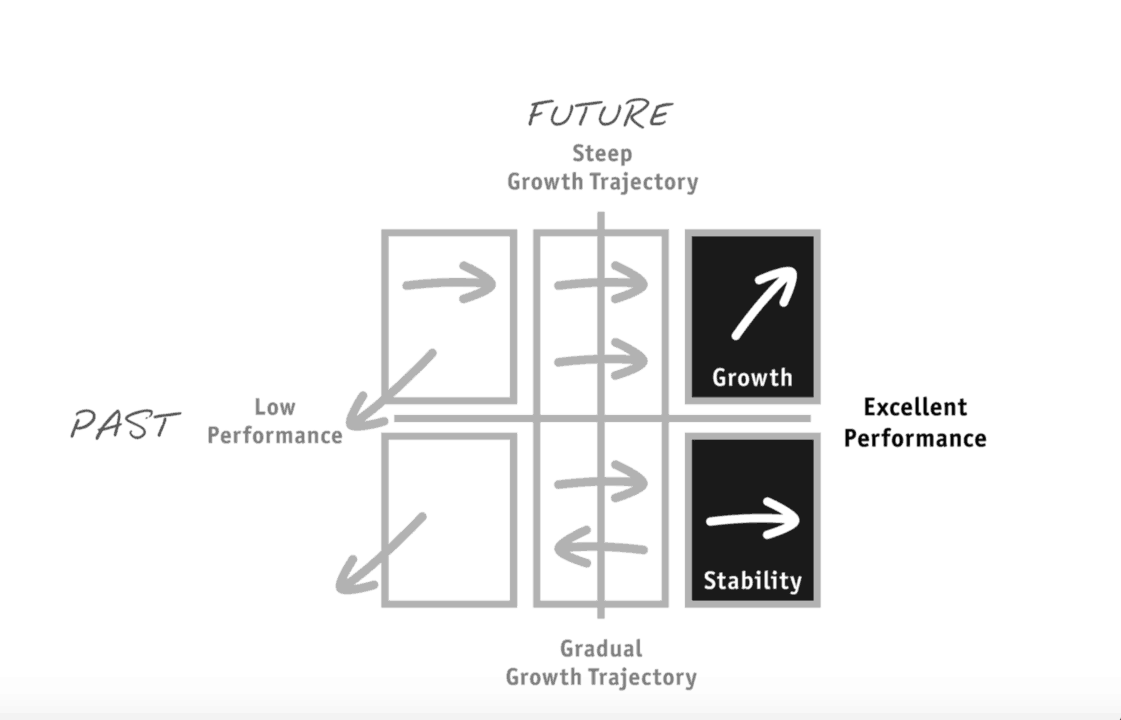A Happy Marriage of Growth and Stability
I recently learned that my great-grandfather Taylor Malone started a company with my husband’s great-great uncle, Joe Hyde, in Memphis, Tenn., my...
5 min read
Kim Scott Aug 2, 2018 10:35:50 AM

I spend a lot of time these days showing people how to put the Radical Candor framework of “Care Personally + Challenge Directly” into practice by providing frequent feedback, and how to use the framework as a way to guide difficult conversations to avoid falling into Ruinous Empathy, Obnoxious Aggression, or Manipulative Insincerity. When it comes to difficult conversations, some of the most difficult are around gender. I have found that gender politics and fear of tears push men away from being as radically candid with women as they are with other men. This is bad for men, women, and the truth.
Gender bias also pushes women away from being radically candid, which is bad for women, men, and the truth. I have, unfortunately, all too much experience with sexual harassment in the workplace, and with gender bias in general. So much experience I’m writing my next book on it! I also have a lot of experience with cross-cultural communication challenges and how things can easily get “Lost in Translation.”
 Bill Murray sings karaoke in Japan in the movie “Lost In Translation.”
Bill Murray sings karaoke in Japan in the movie “Lost In Translation.”
A few decades ago I was working in Russia. My alarm clock didn’t go off, I overslept, and was a little late for an early morning meeting. I rushed in a few minutes after it had begun, and apologized.
“I’m sorry. I overslept,” I said. At least that is what I thought I had said. I was speaking in Russian, and I could see from the amused looks on everyone’s face that was not what I had said at all.
One man explained, “Prospat is how you say oversleep.”
“What did what I say actually mean?” I asked, curious.
“Well, it sort of implies…” the man coughed and was silent.
Somebody else helped him out, “You said you were late because you were having sex over and over again this morning.”
We all burst out laughing and moved on. I never made that mistake again. More awkward than telling someone they had spinach in your teeth, but really not that big a deal.
It’s hard to imagine this simple exchange happening today. And yet now more than ever it’s important we find a way to give each other this kind of feedback, even when it’s awkward.
So I recently got this note from “John”:
In the ‘small world’ category, I met a friend yesterday and they told me that they’d been in a meeting recently where you presented.
You’ll get an email soon from him to address a language culture difference in your presentation that is very rude in the UK, but not at all in North America.
He is modeling Radical Candor, as he is one of the most caring leaders I’ve ever known…so he will be sharing out of care!”
Naturally, I was curious and more than a little nervous about what I had said. I wondered if it was my salty language. I sent the people who’d organized the talk a note asking if it had been a problem. No, they hadn’t heard any complaints. I wrote to “John” to ask what I’d said. He told me that the guy who wanted to give me feedback on my feedback presentation (very meta!) had to run the email through two layers of approval. What??? I now felt a sense of despair. How could this company build a culture of feedback if they had to run any feedback through several layers of approval before talking to someone?
A few weeks later, I still hadn’t heard anything. Evidently, compliance had put the kibosh on the idea of telling me what I’d done wrong in the presentation they’d paid me to give on how to tell people when they are making mistakes.
The irony was painful. And by now I was dying to know what I’d said wrong. So I scheduled a phone call with John to ask him. He said he couldn’t quite remember what it was I’d said. I told him I wouldn’t be able to rest until I knew. He promised to ask his friend, who was from the UK (not where the talk was held.)
A couple of days later I got the answer:
Checked back with my friend. You used the phrase ‘blowing someone off.’
In UK English, that is ‘brushing someone off,’ roots being brushed off the shoulder of your jacket, etc.
‘Blowing someone off’ means…umm…it is…umm…fellatious .”
DOH! I knew exactly when and how I’d used the term. I’d been describing the various reactions one gets when giving feedback. Sometimes, people will be grateful. Sometimes they’ll be sad, other times they’ll be mad — but most often they’ll “blow you off.” Er. Brush you off. Then you have to work harder to be clear.
I learned a couple of important things from this exchange. First, an important nuance about British English vs. American English. Especially since feedback is measured at the listener’s ears, not the speaker’s mouth, this was really helpful for me to learn! But I also learned how poorly feedback, the law, and sex mix these days. It became really clear to me why the person who had seen my presentation didn’t just come up to me afterward and tell me what I’d done wrong. Even the layers of approval, which I’d been dismissing as ludicrous — dare I say, brushing them off — made a little more sense.
![]() In today’s climate, the use of sexually-charged language at work (like what I said, unknowingly, in my presentation) feels dangerous. So both the man who saw my talk on Radical Candor and the company that paid me to give it preferred to be “Manipulatively Insincere” with me when I made an embarrassing mistake. They didn’t tell me, leaving me to repeat it with other audiences. On the Radical Candor scale, this behavior falls under low “Care Personally,” low “Challenge Directly.”
In today’s climate, the use of sexually-charged language at work (like what I said, unknowingly, in my presentation) feels dangerous. So both the man who saw my talk on Radical Candor and the company that paid me to give it preferred to be “Manipulatively Insincere” with me when I made an embarrassing mistake. They didn’t tell me, leaving me to repeat it with other audiences. On the Radical Candor scale, this behavior falls under low “Care Personally,” low “Challenge Directly.”
In this case, this behavior is also self-protective and totally understandable. Given the state of the law around these things, I’d call it a case of Mandated Manipulative Insincerity. Of course I would not sue them for discussing this topic with me. But how could they know that? This is all the more reason why it’s so important that we give Radically Candid feedback (instead of falling into Ruinous Empathy, Obnoxious Aggression, or Manipulative Insincerity) to help others avoid future mistakes, like the kind I made!
And this is why I’m writing this post, even though it feels risky. Because I think it’s a risk worth taking to make the point that we have to help each other out so we don’t continue saying, or doing, inappropriate things. Especially when we aren’t aware it’s inappropriate. How can we make it safer for people to have these conversations? I can imagine only too well the nightmare scenarios the people from HR compliance have not only imagined but actually lived through. So I don’t blame them for stopping feedback in its tracks.
But if we let our worst experiences dictate how we communicate in ordinary circumstances and fall into Mandated Manipulative Insincerity, we will basically quit talking to each other. Let’s not let this happen …
————————————————————————————————————————————————————————————–
Feedback vs. feedforward — need help getting whatever you call it? Then you need The Feedback Loop (think Groundhog Day meets The Office), a 5-episode workplace comedy series starring David Alan Grier that brings to life Radical Candor’s simple framework for navigating candid conversations.
You’ll get an hour of hilarious content about a team whose feedback fails are costing them business; improv-inspired exercises to teach everyone the skills they need to work better together; and after-episode action plans you can put into practice immediately to up your helpful feedback EQ.
We’re offering Radical Candor readers 10% off the self-paced e-course. Follow this link and enter the promo code FEEDBACK at checkout.

I recently learned that my great-grandfather Taylor Malone started a company with my husband’s great-great uncle, Joe Hyde, in Memphis, Tenn., my...

You may have heard the saying: people don't leave their jobs, they leave their managers. More specifically, they leave micromanagers and absentee...

One of the most important things any manager of managers can do to foster a culture of Radical Candor is to have so-called “skip-level meetings.” I...